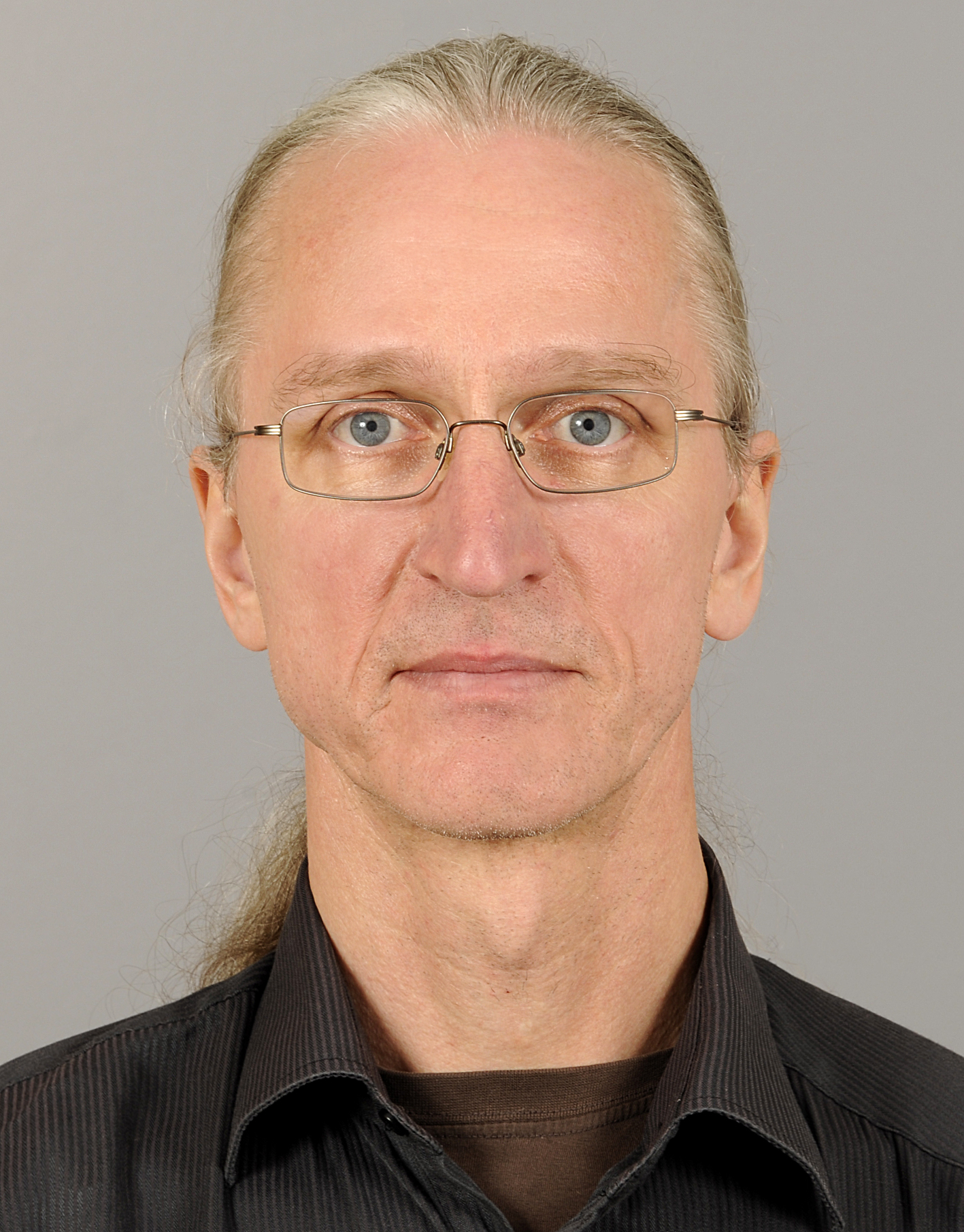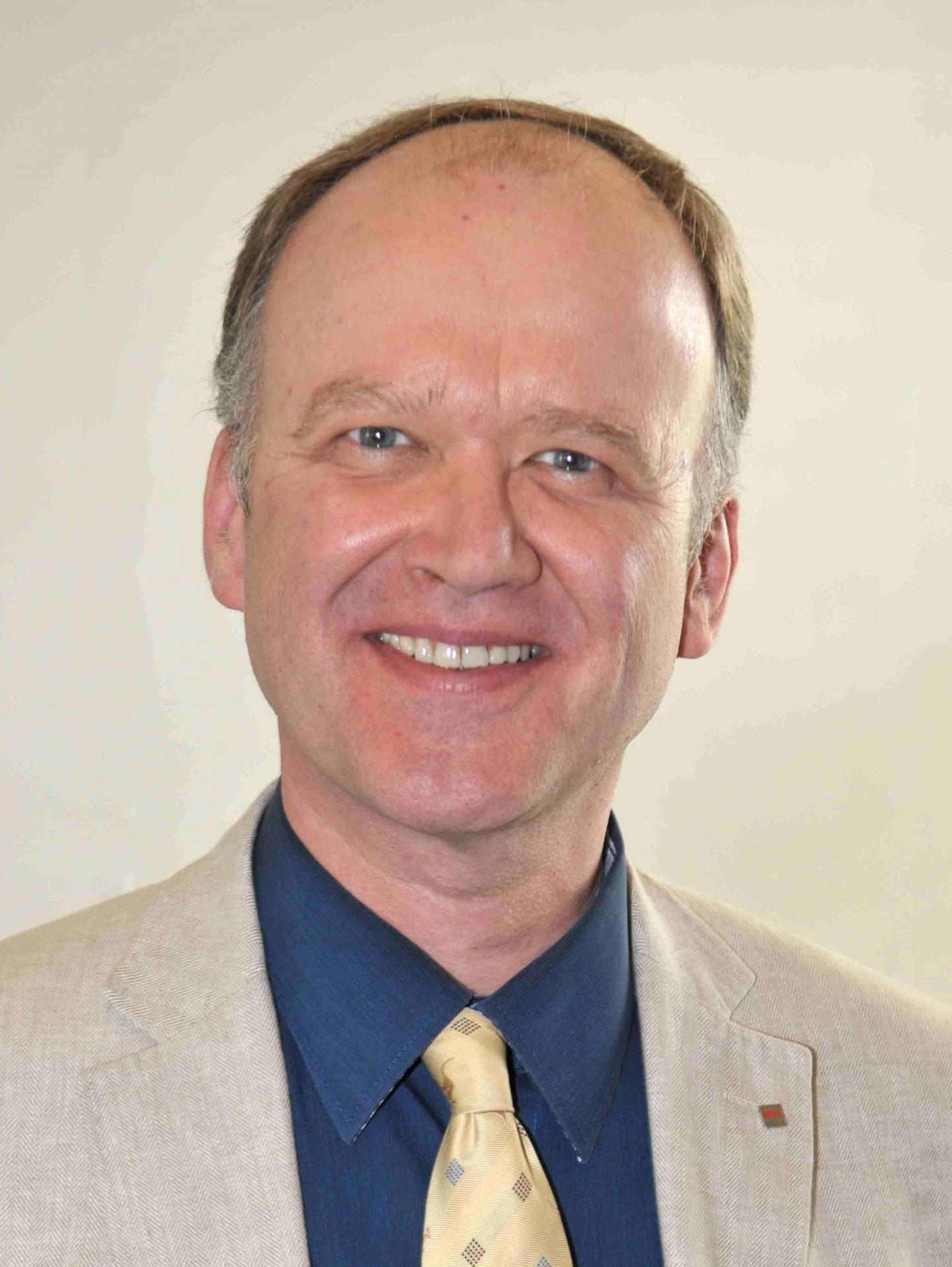TOM2- Frontiers in Optical Metrology
Chairs
 |
Bernd Bodermann Physikalisch-Technische Bundesanstalt (DE) |
 |
Ralf Bergmann
Bremer Institute |
 |
Andrea M. Rossi |
Synopsis
This Topical Meeting is designed as a forum for application-oriented basic and applied optical metrology techniques. This includes basic methods, fundamental limits, measurement techniques and their applications, foundations of applied metrology as well as future trends and topics. As optical metrology methods are generally non-contact, non-destructive, fast, reliable, have a high precision and can sometimes even be used in a rugged environment, they lend themselves very much to industrial applications such as process development, in line processing and quality control.
However, since industrial demands are sometimes very specific and increasingly challenging, there is a continuous requirement for more ruggedness, higher resolution, faster measurement and evaluation to name only a few constraints. This situation not only calls for evolutionary improvement, but also asks for new ideas or even new paradigms. However, besides developing new methods and paradigms, also rigorous modelling and simulations deserve due attention, especially in the emerging fields of computational metrology. Finally, an assessment on the absolute performance in terms of resolution and measurement uncertainty stresses the role of traceability to internationally recognized primary metrology standards. These, in turn, translate into calibration efforts to obtain metrically valid and consistent results.
Topics
• Interferometric form measurement techniques (Digital Holography, Shearing Interferometry, White-Light Interferometry etc.)
• Optical Quantum imaging and metrology (using quantum correlations, entanglemment, undetected photons)
• High precision metrology of large objects or large feature to size ratio (3D imaging, 3D shape)
• Microscopy (2D and 3D-imaging, high-NA systems, Optical Tomography, Quantitative Phase Imaging, non-interferometric phase sensitive microscopy, phase retrieval, high speed microscopy, microscopy in flows, …)
• Resolution- and sensitivity-enhancement techniques (superlensing, magneto-optics, plasmonics, field engineering, quantum- and metasurface enhanced measurements)
• Non-interferometric form measurement techniques (Geometrical optics e.g. Fringe Projection, Structured Light, Deflectometry)
• Computational metrology (e.g. Computational Shear Interferometry, compressed sensing, image processing, artificial intelligence))
• Optics design and rigorous electromagnetic simulations (e.g. reduction of measurement uncertainty, scattering and diffraction problems)
• Non-imaging techniques (optical scatterometry, ellipsometry, Mueller-polarimetry) e.g. for nanometrology, surface and thin layer characterization
• Non-destructive testing with optical methods (Inspection, monitoring, displacement, deformation, defect detection, aberration measurement)
• Measurement uncertainty, calibration and standards (Primary and transfer standards down to nano-metrology, uncertainty budgeting)
• In-process measurement (3D- and 4D-Metrology, high speed techniques, defect detection)
• Spectroscopic techniques (including Raman)
• Radiometry (detectors, sensors, light sources, including single photon techniques) "
Program Committee
Juergen Czarske, Technische Universität Dresden (DE)
Poul Erik Hansen, Danish Fundamental Metrology (DK)
Juan P. Torres, ICFO (ES)
Claas Falldorf, BIAS - Bremer Institut für angewandte Strahltechnik (DE)
Martin Foldyna, LPICM, Ecole Polytechnique CNRS (FR)
Omar El Gawhary, Technische Universiteit Delft (NL)
Peter Lehmann, Universität Kassel (DE)
Rainer Tutsch, Technische Universität Braunschweig (DE)
Invited Speakers
Martin Oheim
CNRS (FR)
Title: Near-interface sensing, imaging and nanometrology using smart surfaces.
Robert Kuschmierz
TU Dresden (DE)
Title: Measuring and compensating the optical transfer functions of flexible imaging waveguides for lensless endoscopy
Lisa Miccio
CNR-ISASI (IT)
Title: In-flow tomographic imaging for single cells analysis
Manuela T. Raimondi
Politecnico di Milano (IT)
Title: Organisms-on-a-chip
Giorgio Brida
INRIM (IT)
Title: Development of silicon photodetectors for absolute optical power measurement
Kamil Postava
Technical University of Ostrava (CZ)
Title: Terahertz time-domain spectroscopic ellipsometry
Pascal Picart
Le Mans University (FR)
Title: Recent advances in noise modeling and reduction in dual and multi-wavelength digital holographic metrology
Sergio Adrián Tovar Pérez
TU Darmstadt (DE)
Title: Non-linear interferometers – A convenient tool for (quantum) sensing with undetected light
